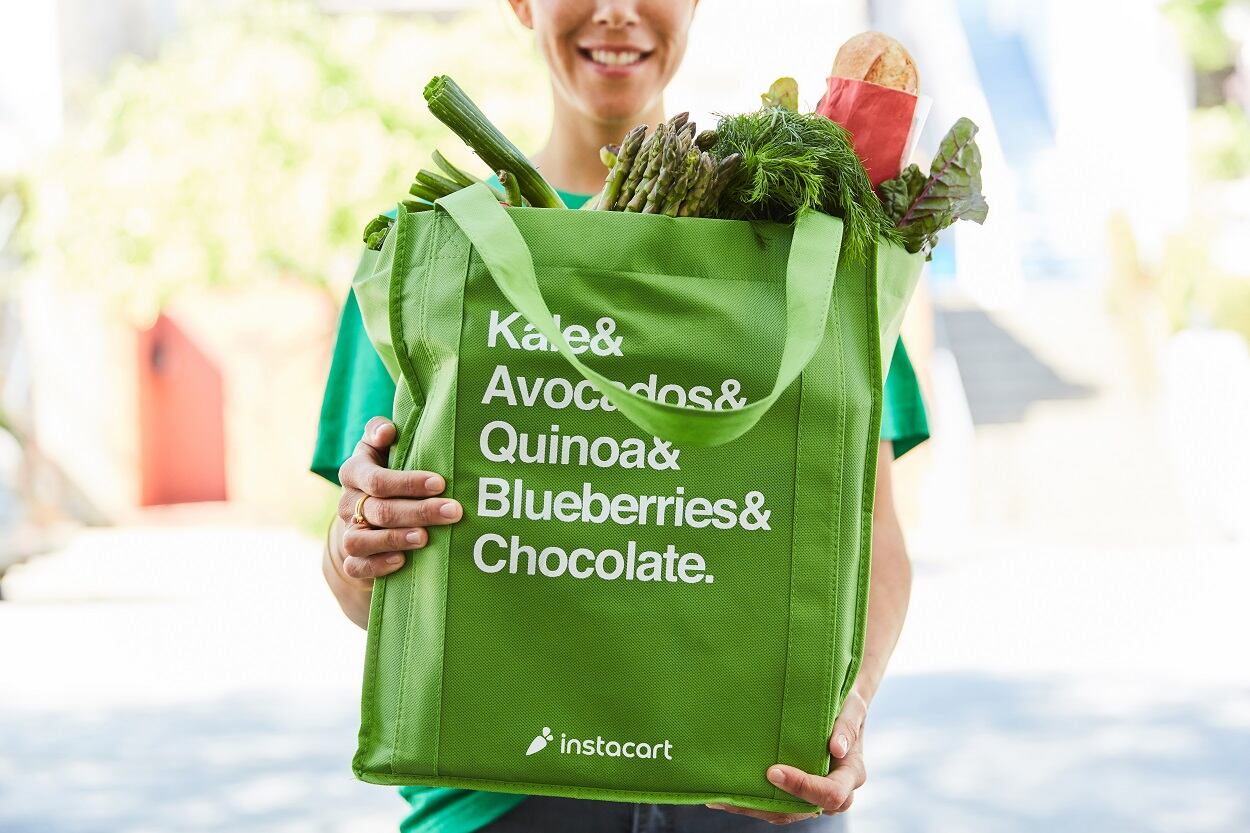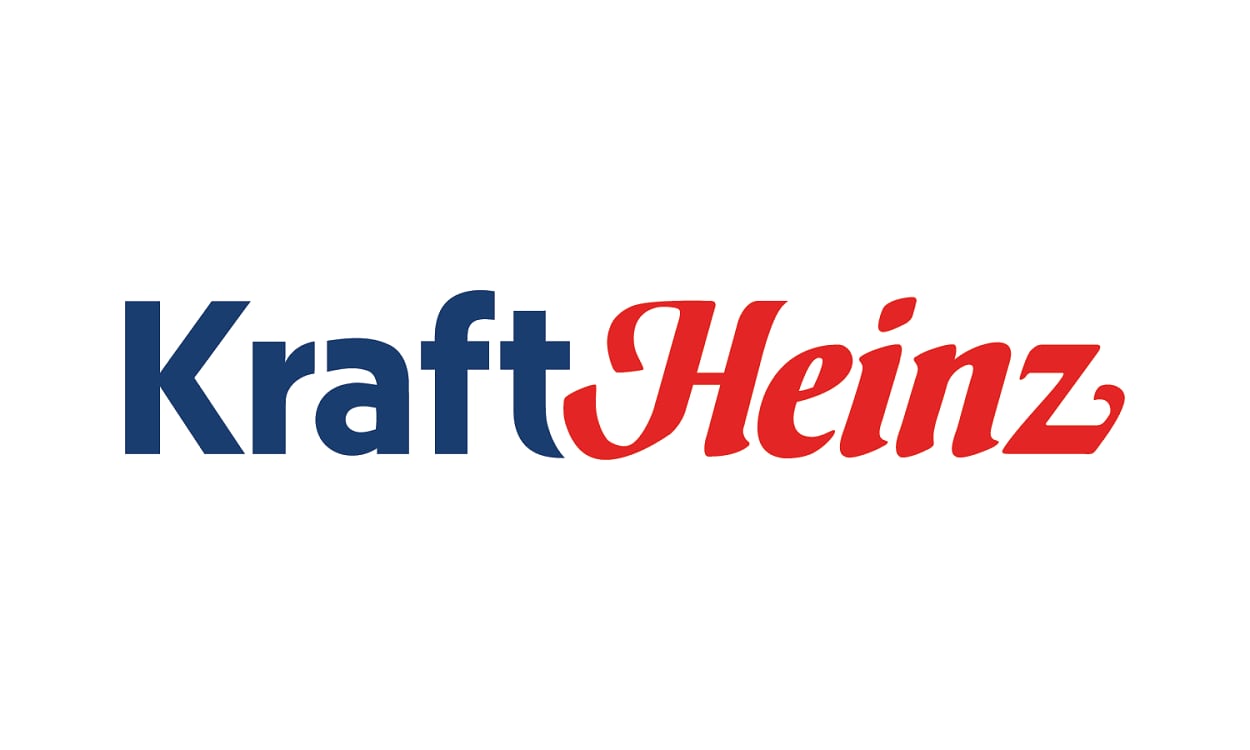In April this year, Instacart secured $150m in funding shortly after a $200m cash infusion in February led by Coatue Management with support from Glade Brook Capital Partners and other investors.
Under-penetrated market of online grocery
Online grocery sales have more than tripled between 2013 and 2018 with the industry project to grow at a strong pace over the next few years, according to Packaged Facts' Shopping in the US report. Packaged Facts forecasts that online grocery sales will more than quadruple between 2018 and 2023.
While millennials have been quick to incorporate online grocery shopping into their daily routines, baby boomers (generally referring to individuals born between 1946 to 1964) and the silent generation (born between the 1920s and 1940s) – who are currently the least likely to do their shopping online – represent a major marketing opportunity for online grocery players, as many may have mobility issues or drive less frequently, Packaged Facts noted.
"The US is nearly a $1 trillion grocery market, and last year we saw almost every major grocer in North America bring their delivery business online in a significant way. We believe we're in the very early stages of a massive shift in the way people buy groceries,” Instacart CEO and founder Apoorva Mehta commented.
Instacart projects that in five years one in five Americans will be shopping for their groceries online, added Mehta. Instacart currently serves 50,000 shoppers and has "ambitious plans" moving forward to expand its reach into new markets and fuel further customer acquisition, according to the company.
"We absolutely agree one in five shoppers will be shopping for groceries online in the next years. In fact, we’d challenge the number could be one in four shoppers," Diana Sheehan, Kantar Consulting VP of retail and shopper insights, told FoodNavigator-USA.
Sheehan noted that the shift towards online grocery shopping doesn’t mean that a consumer's "entire spend goes online", but that online grocery shopping will replace specific types of store trips (e.g. the historic stock-up trip).
According to founder of D1 Capital Partners, Dan Sundheim, grocery is the largest category within US retail but it is also the least penetrated within the online shopping category.
“The industry is at a tipping point and there will likely be a significant acceleration in the adoption of online ordering for grocery delivery over the next few years,” Sundheim said.
“We believe that traditional retailers will lead the category online, as their brick and mortar stores are the most effective distribution centers for fulfillment of online grocery orders. Instacart's world-class management and engineering team has proven to be a highly effective partner for grocers to serve customers in new ways."
Growth of Instacart
Since its founding in 2012, Instacart has expanded the availability of its same-day grocery delivery (free delivery on orders over $35) to more than 70% of US households and over 50% of Canadian households.
Instacart’s 2014 five-year contract with Whole Foods gave it access to the natural retailer’s strong consumer base. But more recently, Instacart has faced pressure having to go up against Amazon, the owner of Whole Foods, and its online delivery services.
However, in recent years, Instacart has expanded its network of retailers it serve more than 15,000 different grocery stores throughout 4,000 cities. Its retail partnerships span national, regional, and local chains including Kroger, ALDI, Loblaw, Sam's Club, Sprouts, Publix, Albertsons and Walmart Canada.
Instacart's business model allows smaller regional players to hold their own against the likes Amazon, according to Sheehan.
"Instacart has established logistical expertise that allows them to stay ahead of the game and guide smaller retailers along the eCommerce journey when it is too expensive for regional players to execute independently," she said.
"Instacart will be impacted by changes like Kroger/Ocado as it launches and HEB buying Favor. However, for small regional players trying to compete – Instacart is the great unifier that allows them to survive & thrive in an Amazon world."


